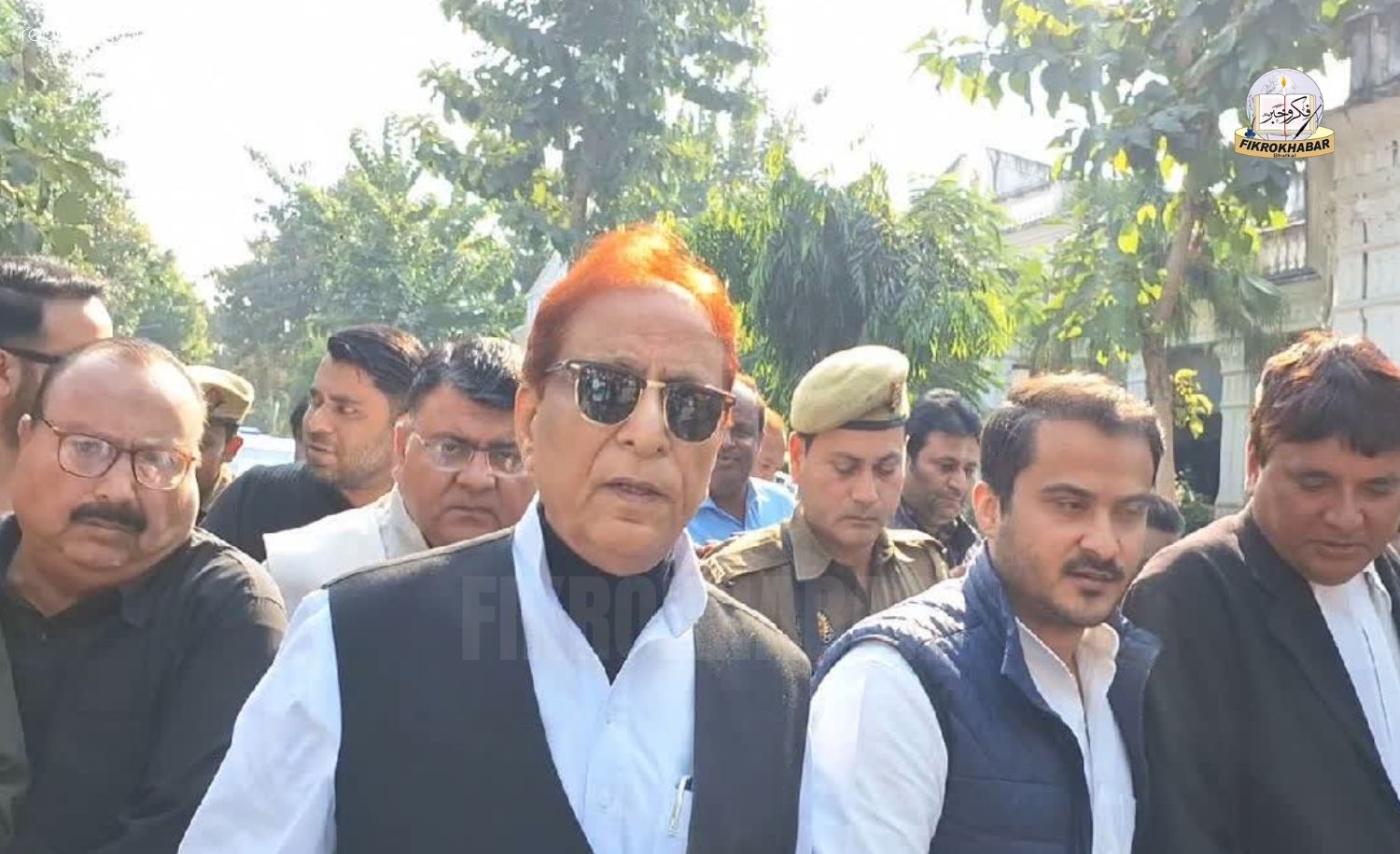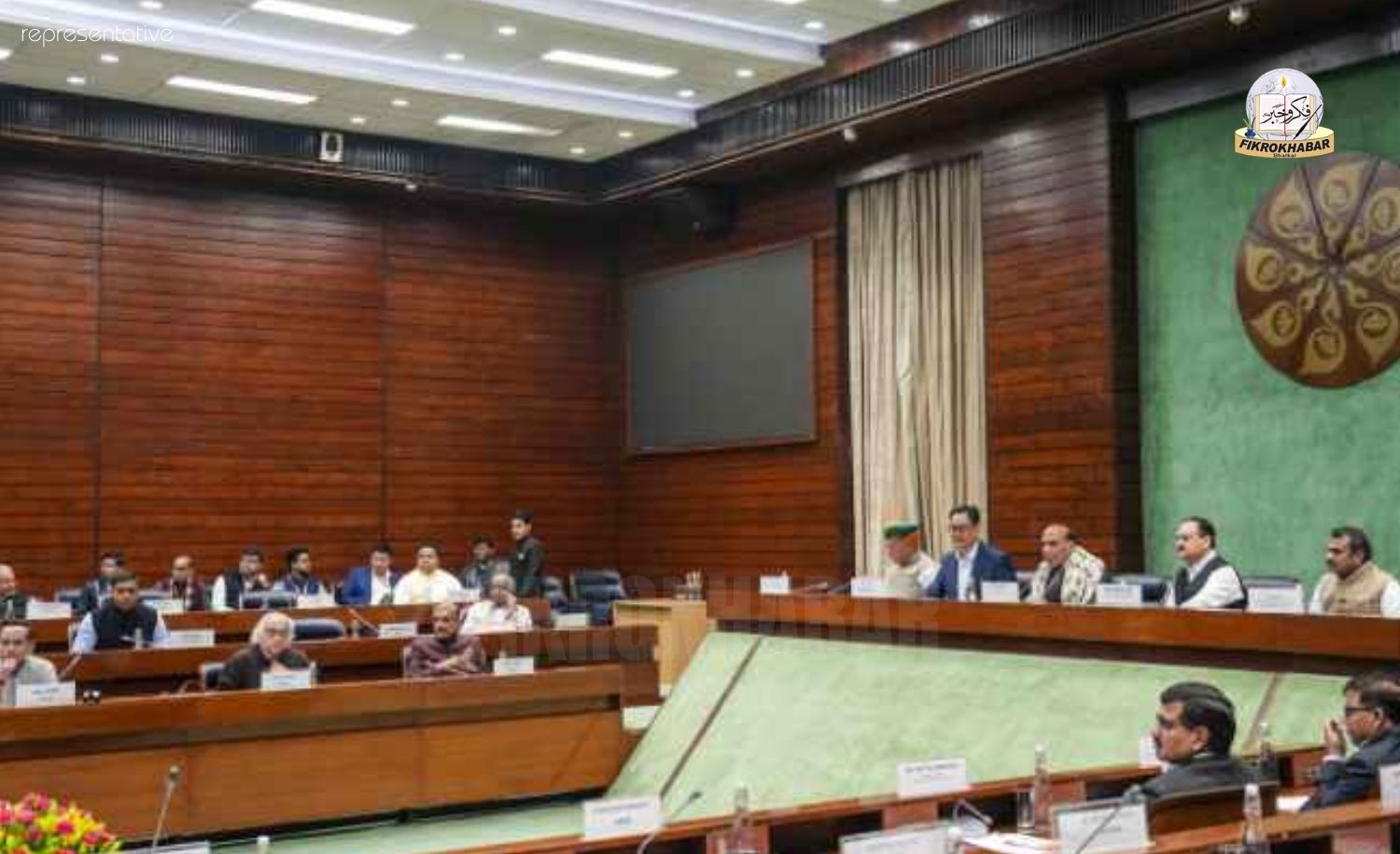‘UMMEED’ Portal Faces Major Setbacks in Waqf Property Registration Across Uttar Pradesh
Technical flaws and rigid rules in the new central portal leave Waqf Boards struggling to register thousands of properties.

Lucknow: The Central government’s newly launched “UMMEED” portal, aimed at creating a digital database of Waqf properties across India, has hit serious roadblocks in Uttar Pradesh, the state with the highest number of Waqf assets. What was supposed to streamline the registration process is now causing frustration for Waqf officials, who say the portal is riddled with issues that make it nearly impossible to use effectively.
Launched on June 6, 2025, by the Ministry of Minority Affairs after the passage of the Waqf Amendment Bill, the UMMEED (Unified Management and Monitoring of Endowment Electronic Database) portal set a strict deadline: all state Waqf Boards must upload full details of their properties by December 5, 2025. But with less than two months left, the progress in Uttar Pradesh remains alarmingly slow.
Technical Glitches and Procedural Hurdles
So far, both the Sunni and Shia Waqf Boards in UP have managed to upload just about 100 properties — a tiny fraction compared to the 1.33 lakh Waqf properties across the state.
Officials point to several serious issues:
- Browser compatibility problems: The portal frequently crashes or fails to load on commonly used web browsers, making basic access difficult.
- Khasra number requirement: While Khasra numbers are relevant for rural land records, many urban Waqf properties are located in city areas under municipal records, where these numbers don’t apply.
- Incomplete ward listings: In places like Sambhal, the portal lists only 26 wards, even though the city has 40, making it impossible to register properties from missing areas.
- Limits on caretaker (Mutawalli) registration: A Mutawalli managing multiple properties can only register one. The system blocks reuse of Aadhaar, phone number, email, or photo — even if the law allows them to oversee several properties.
- Unrealistic data requirements: The portal demands the exact date of establishment for each property — information that is often unavailable for historic Waqf sites dating back centuries.
Waqf Boards Raise Concerns
Leaders from both major Waqf Boards in UP have raised alarms.
Zufar Farooqi, Chairman of the Sunni Central Waqf Board, voiced concerns during a Central Waqf Council meeting, while Zeeshan Rizvi, CEO of the Shia Waqf Board, sent an official letter on June 24, 2025, urging the Council to fix the portal. So far, there has been no response from the authorities.
“This isn’t about lack of effort,” said a senior official from the Sunni Waqf Board. “We’re ready to register properties, but the system simply doesn’t let us.”
Fear of Legal Fallout
There is growing anxiety that properties not uploaded to the UMMEED portal by the deadline could lose their Waqf status. Legal experts warn that if that happens, such properties might be claimed by the government, triggering long and complex legal battles.
In fact, Waqf officials in UP say the state has already started labeling some Waqf lands as public property — even when they are registered under Waqf records. With no backup system in place, these issues could lead to widespread legal uncertainty.
Questions Over Government Intentions
The Central government’s lack of action to address the portal’s issues has raised suspicion among some Waqf Board members and observers.
“Why ask for Khasra numbers when most city properties don’t have them?” questioned one official. “And why block caretakers from registering multiple properties when the law allows it?”
Some allege that these aren’t technical errors — but deliberate obstacles. Critics argue the government is using technology to block the registration of genuine Waqf properties, thereby weakening their legal standing.
“The Waqf Amendment Bill didn’t succeed in gaining control over these properties. Now, it seems the government is trying through digital means,” said a source from within the Waqf administration.
A Growing Crisis
With the clock ticking and no fixes in sight, Waqf Boards in Uttar Pradesh are trapped in a system that offers little support but demands urgent compliance. If the portal’s problems continue, thousands of historic and religious properties could be left in legal limbo — not only in UP but across India.
For now, the portal named “UMMEED” which means hope is doing little to live up to its name.



